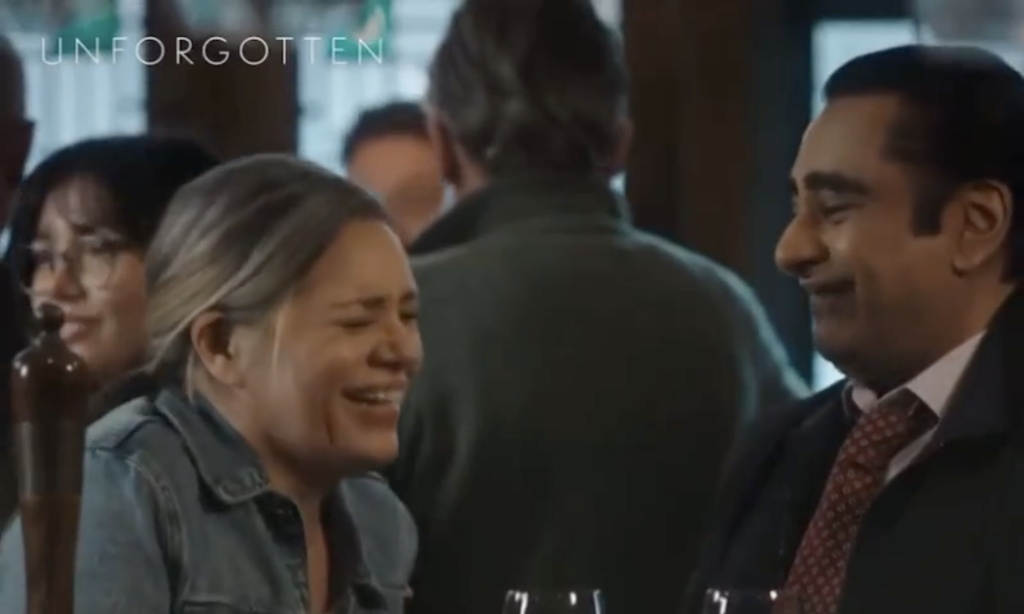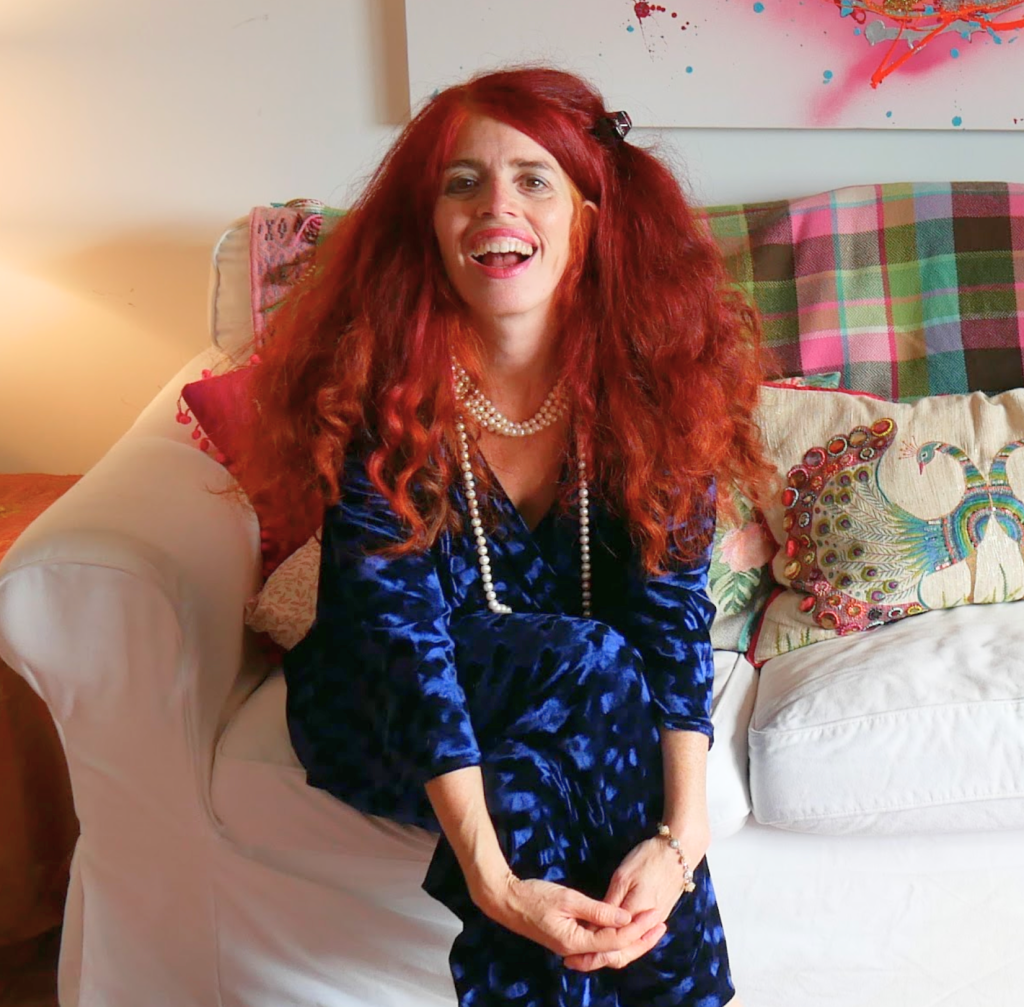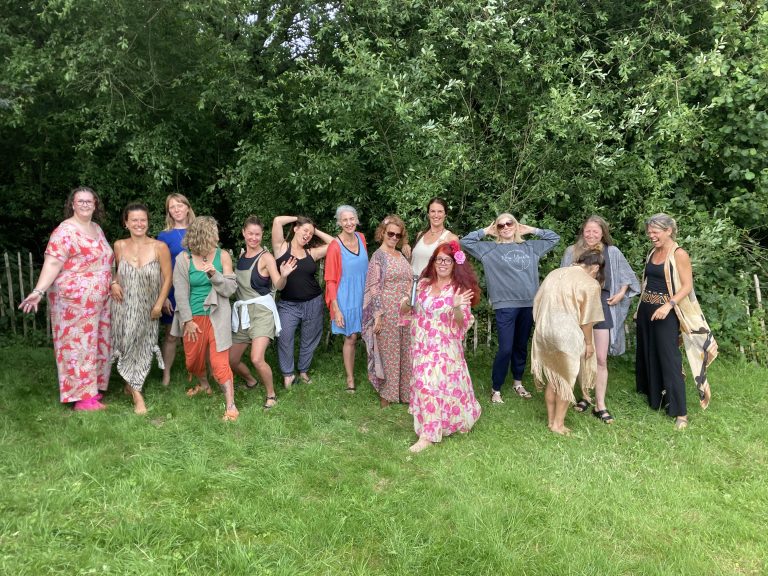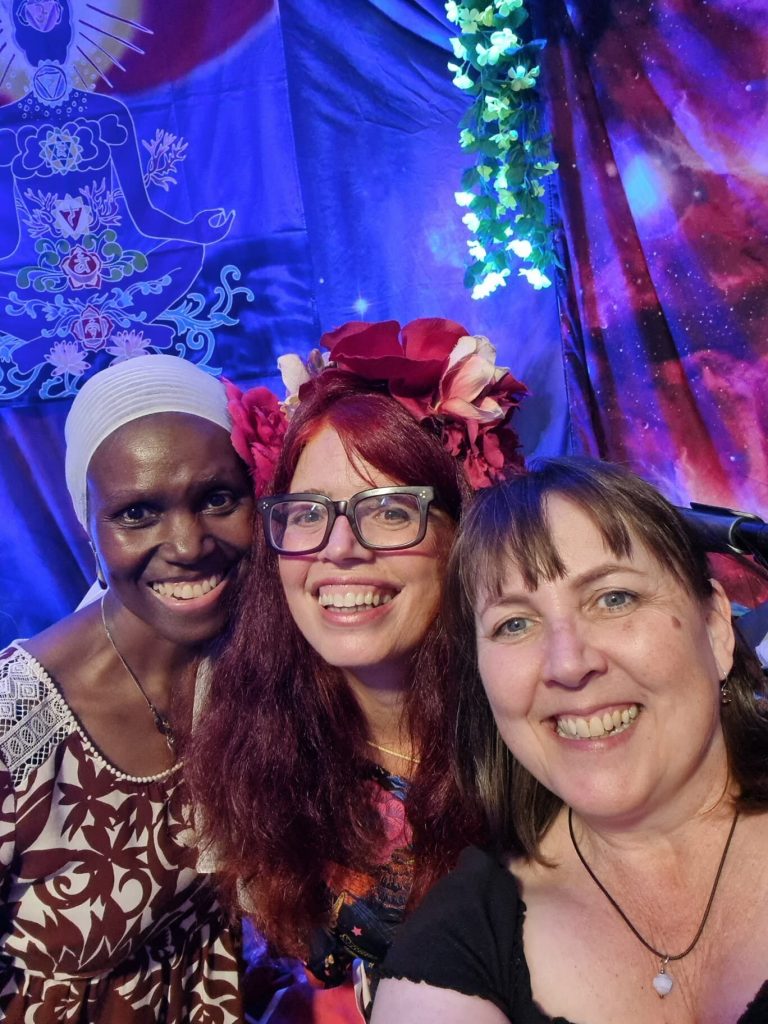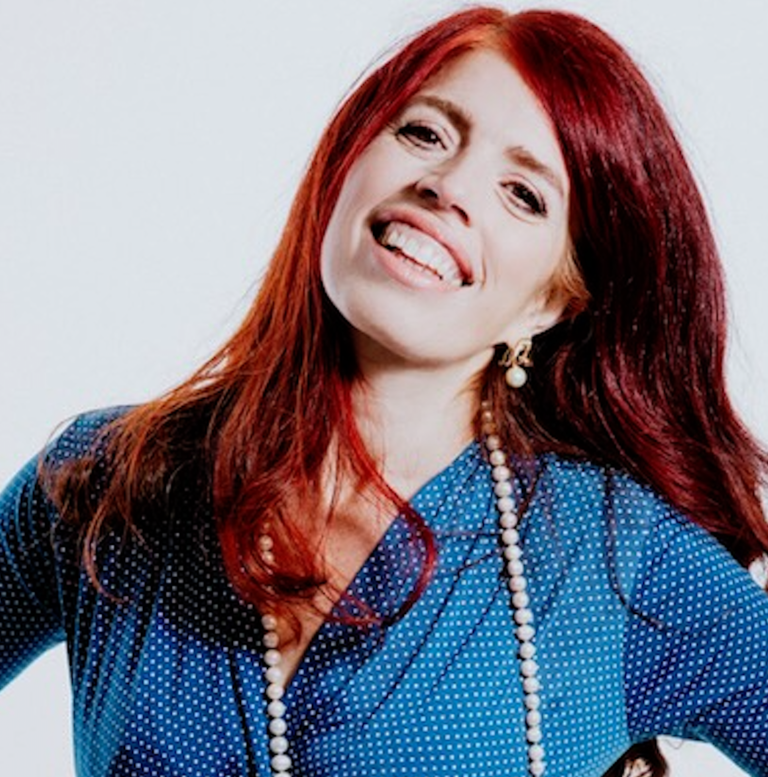I am writing to share a lovely story of hope around dating, which you can read about below and a tip on love languages. Also, I am on tour in Edinburgh, Glasgow, Leeds, and London if you are in those places and would like to come to one of my talks.
So, to begin, here is a lovely story about Bibi Lynch, a well-known sex journalist, who asked me to join her podcast last year and help her meet someone. The podcast was meant to be regular with dating experts, but the one with me is the only one! This may be because Bibi decided to go on a deep-dive, exploring dating for herself after our podcast.
During the podcast, I challenged whether Bibi truly wanted to date or whether she was self-sabotaging her previous dates. Bibi shared that she was going on dates with a bag that said “Back Off!”, wearing her Dad’s fisherman jumper, and being very funny.
Initially, she was defensive and said “are you telling me I can’t be funny?”, and I replied “no, funny is great, but what are we doing with the humour?
Are you using humour to push others away, or bring them closer? Which style are you using?” The conversation echoed in her brain, and Bibi decided to seek a therapist to work on those self-sabotaging parts.
The interesting result is that Bibi now has her first boyfriend dating since 1997! Here is the podcast if you are interested, and in Good Housekeeping Magazine, Bibi explains what happened.
Thoughts on love languages and helping people understand you:
How do you ask for your needs to be met? Maybe you can help people by giving yourself what you want! Some of you might be familiar with Gary Chapman’s idea of love languages. Below are some ideas of how you might be able to give to others but also give to yourself -both are important. ‘A’ is about giving to yourself, and ‘B’ about giving to someone else. The five love languages are:
1. Acts of Service
A. What could you do for yourself? Could you create a ‘love night’ with candles, music, and a bath with epsom salts (if you like that)?
B. Could you wash someone’s car whilst playing that funky song, ‘Car Wash’ or ‘Crazy ‘Bout an Automobile (Every Woman I Know)”. Why not bake a cake for someone?
2. Quality Time
A. Could you create some fun dates for you, with you? Could you take yourself to a museum or a sauna, and notice what it is like to spend this time with yourself.
B. Could you arrange a date with a friend to do something fun, like go up the ‘i360’ in Brighton, and see all of the views together. Perhaps you can visit Tate Modern’s free ‘Last Friday of The Month’?
3. Words of Affirmation
A. Could you write yourself a letter naming what you have been through in the last year and admiring yourself for what you have been through? Could you recognise your strengths and gifts in the letter?
B. Could you make someone a card, or write them a poem about your feelings for them?
4. Physical Touch
A. Could you give yourself ‘self-touch’? Could you stroke your arms with the Havening Method, or your hands, and feel that oxytocin rise?
B. With consent, could you give someone a 20-second hug, or a three-minute hand massage? Why not stroke their arms?
5. Gifts
A. Could you get or order yourself a gift that seems like it is just for you – something that you would enjoy, whether that is a nice oil, cream or a lovely book, so that you feel like you are treating yourself?
B. Why not get a box of little gifts, you think someone might really love to open, like ‘Audrey’s Chocolates‘, and wrap each one up. You could buy someone an experience, like crazy golf, or a spa day.
Have you tried the five love languages quiz? It can be really valuable to find out what yours are, so you can regularly give yourself care, and treat yourself with love. It can be healing to know how to love others in their own language, whilst also teaching them your language.
Of course, if we are getting close to people, then we really want to feel attuned, cared for and noticed – just like good attachment theory. But there are specific ways that many of us desire, and if they are missed, then some of us might not feel cared for – even if someone is doing lots for us in other ways.
For example a friend of mine, Claudie, really loves words of appreciation – especially from a romantic partner. Her partner, Jack was brilliant at giving acts of service. He was cooking, cleaning, giving her advice and being a total brick. But Jack didn’t give her compliments about Claudie’s appearance and what he liked about her. Words did not hold value to him, and he expressed the idea that anyone could say words and not mean them, but that his actions showed his love for Claudie.
Culturally, some women have often felt under pressure to look a certain way, and without affirming words about how she appeared or seemed, Claudie was starting to doubt whether Jack loved how or who she was.
Of course, as adults, it is up to us to accept ourselves as we are and also to make sure we are getting our needs met in a daily way as part of being regulated and feeling steady. Claudie knew she also had to do her part in accepting herself and not put her past wounds about doubting her attractiveness onto Jack. But she really wanted to have some words, and Claudie knew that if she could encourage Jack to do this, it would bring them closer together, especially intimately.
So she asked me for some suggestions. I suggested that she create a lovely atmosphere by putting on music, lighting candles, and wearing sensuous clothes, earlier in the evening. Claudie asked Jack over to her home and met him at the door. She brought Jack slowly into the sitting room, which was alive with Gainsbourg music candles and flowers. Claudie wore sexy 1940s underwear (his favourite from What Katie Did) and a kimono. Jack was pleasantly surprised by her efforts, and loved the kimono, and she knew that the temperature was rising for her to be able to encourage him to love her in her language. Claudie suggested Jack to close his eyes, touch her, and tell her what he noticed, liked and felt. This was a revelation. He was able to describe touching Claudie’s skin and feeling the silkiness of the kimono.
In doing this, and making an effort to first love Jack in his language (by doing acts of service), Claudie was able to explain to Jack how much it meant to her and how it made her feel wanted, which brought her closer to him.
Jack in turn, used more words when he kissed Claudie later, (expressing what he was doing and where) and she was delighted. Moreover, Claudie felt Jack was with her personally, and that she meant a lot to him. So, although this is not a confident area for Jack, and he has returned to fewer words of affirmation, Caudie knows that there is a journey forward for them, and it is possible to encourage him in this way.
Claudie also has been learning to be gentler and slower in her requests as this is kinder and less triggering for Jack.
Below is a passage from the Gillian Anderson book “Want.” It explains why many women might want words so that they feel that someone is making love for them personally.
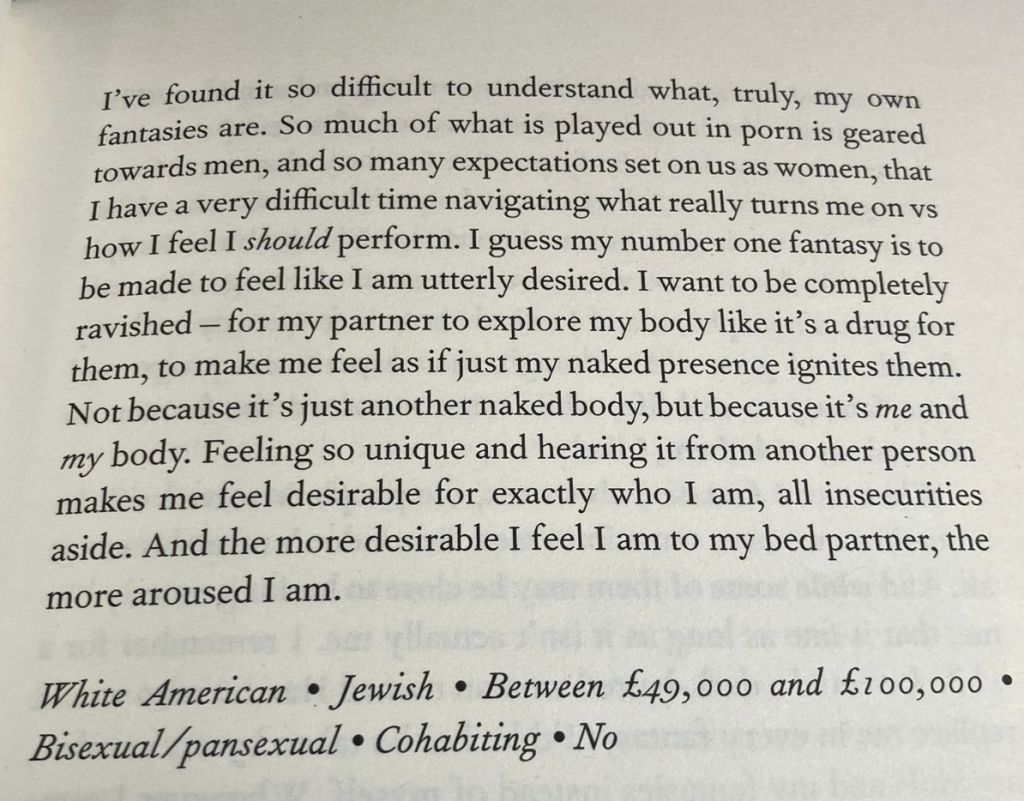

Below is a wonderful meditation I did for ‘Alternatives’ this year to open your heart. If you want to listen, I hope you enjoy it.
My sister Georgia (below) is The Guardian’s “scene-stealing” pathologist in ITVX’s new series, ‘Unforgotten‘.
